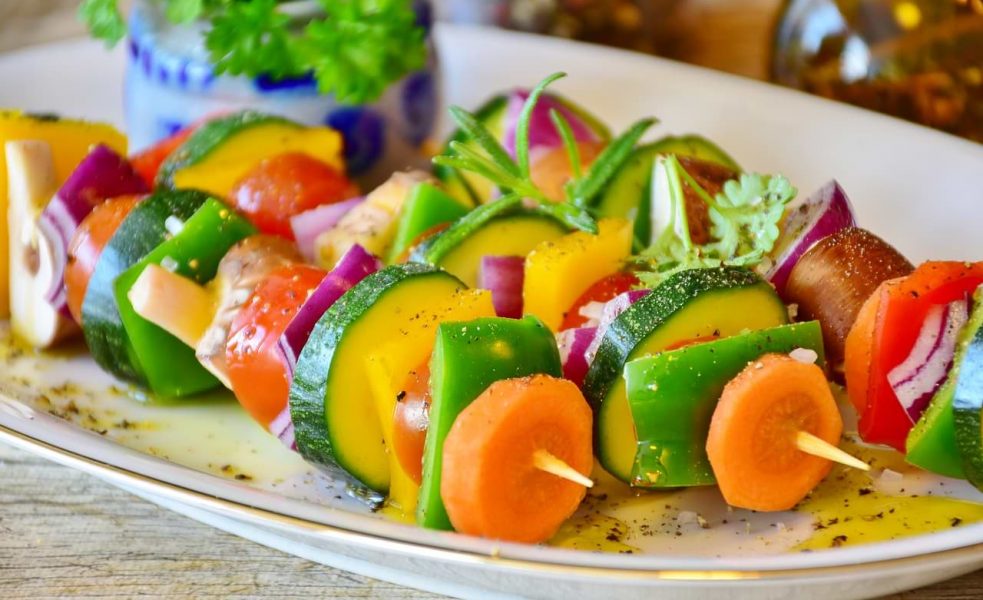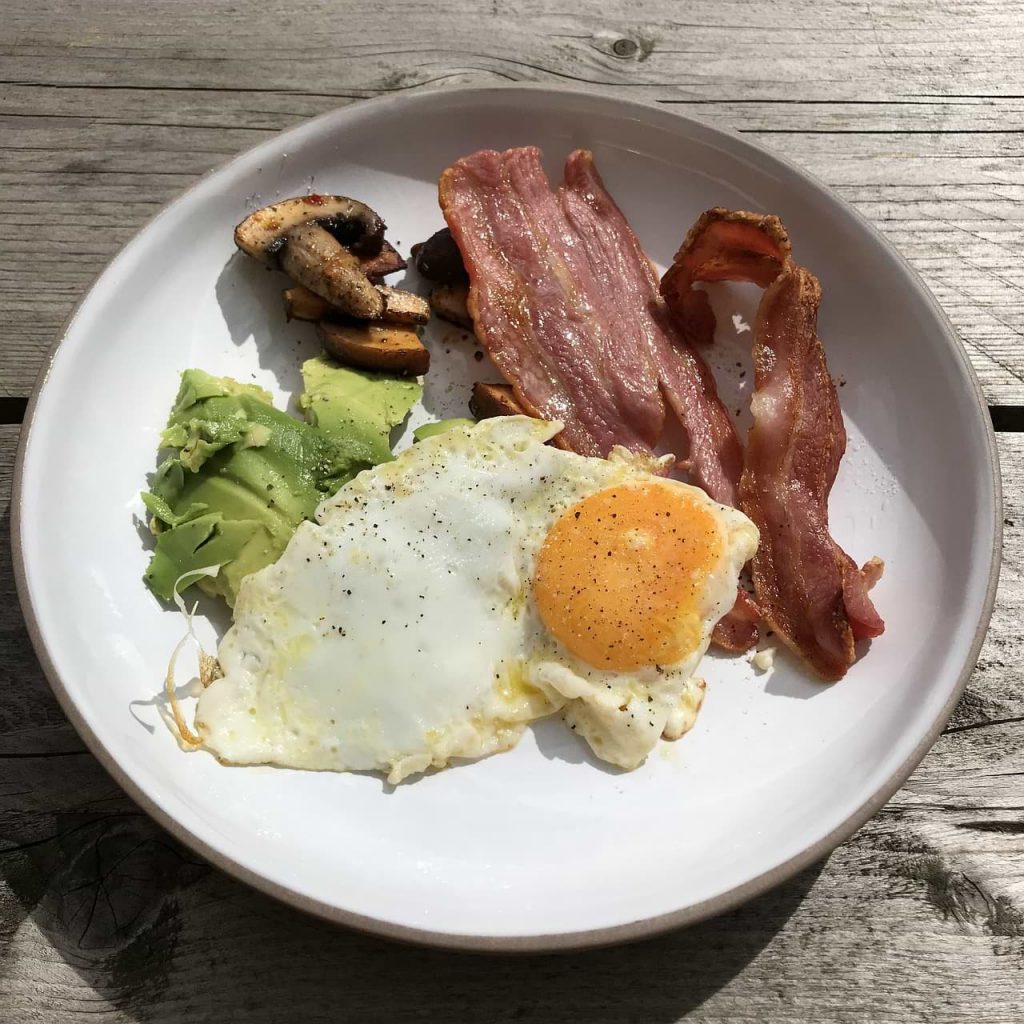Veganism as a whole has become one of the defining trends and philosophies of the decade, with the plant-based diet growing from an outlying trend for hippies into a $4.5 Billion industry that counts athletes, celebrities, politicians, and millions of regular people in its ranks.
Many people switching to veganism, however, have tons of questions about the diet. We take a look at some practical questions vegan newbies ask and clarify it for them:
Is Shortening Vegan?
This is one of the most common questions new vegans ask because, frankly, what even is shortening?
Well, to clarify, shortening is basically any type of fat that solidifies at room temperature. This can come in the form lard, butter, suet, among other things. The term ‘shortening’ is actually a marketing catch-all term for this type of fat. Shortening gets its term because of its effect on flour, which is why it’s mostly used in baked goods.
When fat is introduced to flour, it interrupts the formation of the gluten matrix in the dough, creating shorter strands of gluten, a necessary component for that crumbly texture in pies and crusts.
Most shortenings available in the supermarket are labeled “Vegetable Shortening”, usually consisting of either mono and diglycerides or palm oil. In general, most commercially-available vegetable shortening consists of either glyceride, which is usually derived from plants. Other shortenings, particularly Crisco, use palm oil.
So is shortening vegan? Not quite: some glycerides might be derived from animal fat, while most people don’t consider palm oil vegan because its production process results in animal suffering. So unless a product specifies that it’s purely vegetable and that it isn’t made from palm oil or palm oil derivatives, don’t get it.
Where Can I Get my Protein?
Another common question new vegans ask, mostly because obnoxious gym bros just love to throw this question at them after chugging down their umpteenth protein shake.
Here’s the good news, new vegans: you can get your protein from plant-based food products. In fact, there’s no shortage of protein-rich plant-based foods that are commercially available in most supermarkets.
Your best bet is soy-based products like tofu, seitan, tempeh, and edamame. Tofu is probably the most well-known soy-based food, and it should be a staple in your kitchen. Tofu is easy to prepare, doesn’t spoil easily, and absorbs the flavor of the ingredients you cook it with. It’s also very versatile, with tofu being a key ingredient in many vegan snacks and main dishes.
Another great and delicious source of protein? Beans, beans, the musical fruit. Epic toots aren’t the only thing beans provide people: a single cup of cooked beans can provide around 15 grams of protein, making them an excellent source of this muscle-building vitamin. Beans and other legumes also have the added advantage of lowering cholesterol and even reducing belly fat.
Aside from that, green and leafy vegetables are also a great and nutrient-rich source of proteins, albeit their amounts can be a bit small. But hey, it’s a good excuse to get your RDA of veg!
What Condiments Can I Use?
Surprisingly, a lot of the condiments you used to love before you became vegan all fit in your new plant-based diet, for example:
Barbeque and Steak Sauce
A lot of people are surprised to learn that most barbeque sauce is actually vegan! Yes, that sauce that could make or break a cookout is actually just a sauce with a vinegar or tomato base, some mustard, brown sugar, and a few other spices.
Despite being a delicious addition to grilled meats, Steak Sauce doesn’t actually contain any animal products; rather, it’s made of a secret blend of spices, vinegar, salt, sugar, raisin paste, orange puree, and tomato puree. If you’re vegetarian and seafood is on the menu, having these sauces can make you forget about meat completely.
Hoisin Sauce
Otherwise known as Chinese barbecue sauce, Hoisin Sauce is a type of glaze that’s popular in Chinese cooking, particularly in dishes like char siu or stir-fried beef. It’s made of a combination of seafood, garlic, vinegar, red chilies, and other spices. Funnily enough, the word hoisin (海鮮) means “seafood” in Cantonese, although the sauce itself contains no animal products.
Hot sauce
Most hot sauces in the supermarket are vegan without even knowing it; just make sure to find one that’s an all-natural mix of chilies, vinegar, sugar, garlic, and your favorite spices.
Ketchup
Just like barbecue sauce, most kinds of ketchup are made of a tomato base, sugar, salt, water, and spices.
Are Plant-Based Meats an Actual Thing?
Ok now, this is a little controversial: right off the bat, let’s make it clear that plant-based meats not only exist, they taste amazing and are completely and 100% vegan. However, they’re not the healthiest choice of food at all, and here’s why:
Plant-based meats are made from a wide array of plants that replicate the taste and texture of meats. However, because most of them are made to resemble ground meat products like burgers, they’re often cooked with a high degree of fat to get that Maillard reaction that makes meat delicious. Also, in order for the plants to become plant-based meat products, they have to go through a long and arduous process, effectively making them as healthy as most processed foods.
So, yes, plant-based meats are completely vegan, but if you’re trying to lose weight or go low cholesterol, this might not be the best choice for you. However, plant-based meats are so much better for the environment than raising and farming meat, so that’s good.
Are Oysters Vegan?
And now we come to one of the most controversial topics in veganism: are oysters vegan? The answer, however, is a lot more complicated than a ‘yes’ or ‘no’.
To get an answer, we have to look at the core tenets of Veganism, specifically the part about condemning “all forms of exploitation of, and cruelty to, animals for food”, including shellfish and insects. Many modern vegans simplify this definition further: if it’s a sentient being that can feel emotions, then it isn’t for consumption. It seems simple enough: if it has feelings, don’t eat it. Animals have feelings, don’t eat animals. Oysters are animals, don’t eat oysters.
It should be as simple as that; however, new research is showing that oysters may not be as smart as we think. Taxonomically, oysters are considered animals; however, oysters also lack a central nervous system, meaning they neither feel pain nor are they sentient in the scientific sense. So does that mean oysters are vegan and it’s ok to eat them? Well, that’s between you and your conscience!



